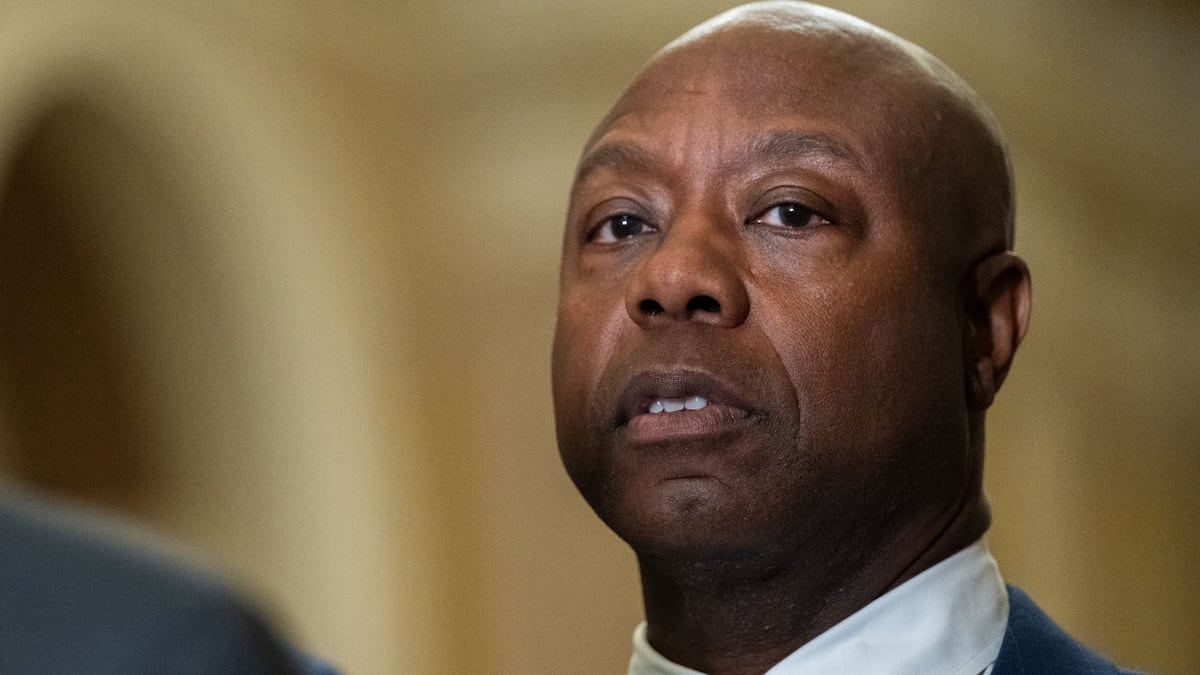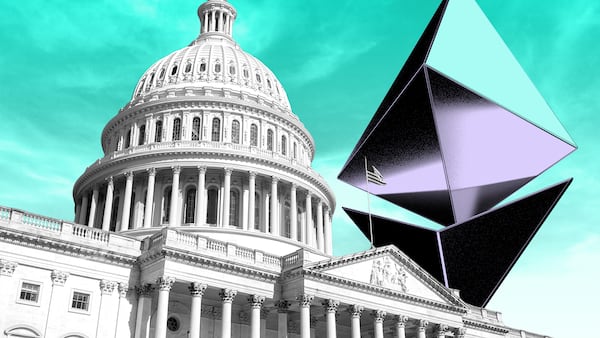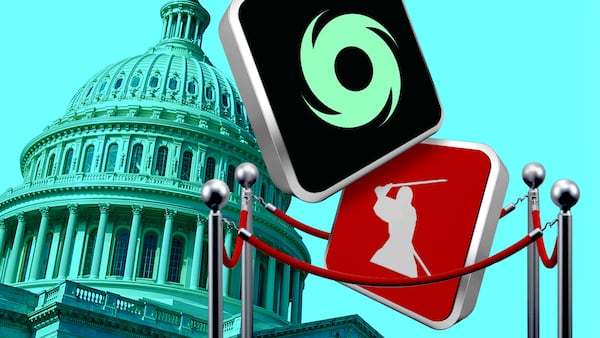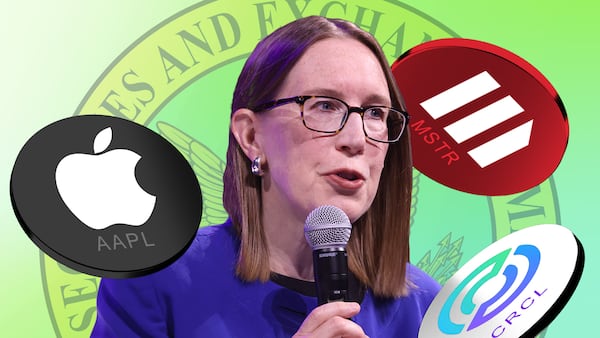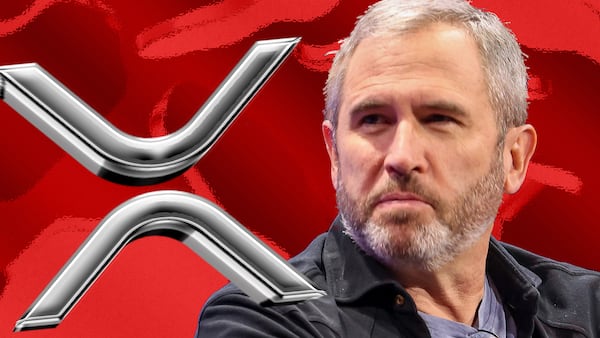- Senators released draft market structure legislation on Tuesday.
- The draft bill only addressed issues under the purview of the Senate Banking Committee.
- It would exempt so-called “ancillary assets” from US securities laws.
Senate Republicans released a bill on Tuesday that would exempt certain crypto assets from US securities laws.
But it won’t create a loophole that lets major companies evade securities laws by issuing equity on the blockchain, a key concern among Senate Democrats.
The Responsible Financial Innovation Act of 2025 only covers issues under the jurisdiction of the Senate Banking Committee, which oversees the Securities and Exchange Commission.
Lawmakers on the Senate’s Agriculture Committee are expected to release their own draft bill that will detail crypto companies’ obligations to the US’ other financial regulator, the Commodity Futures Trading Commission.
The Banking Committee’s so-called discussion draft comes less than a week after the House of Representatives passed the Clarity Act, legislation that would install the CFTC as the primary regulator of the US crypto industry.
“We cannot allow regulatory confusion to continue driving American innovation overseas,” Senator Cynthia Lummis, a Republican from Wyoming, said in a statement.
“Market structure legislation will establish clear distinctions between digital asset securities and commodities, modernise our regulatory framework, and position the United States as the global leader in digital asset innovation.”
Disclosure requirements
The bill regulates crypto assets broadly as well as a new category of financial asset dubbed “ancillary assets” that are not securities, according to the text of the draft bill.
Ancillary assets are “intangible, commercially fungible assets” that are sold as part of an investment contract without any of the rights typically conferred by securities, such as equity, dividends, and the right to a portion of a company’s assets upon liquidation.
The definition appears to address Senate Democrats’ concern that so-called market structure legislation could create a loophole within US securities laws.
During a hearing on potential crypto legislation this month, Senator Elizabeth Warren, the head Democrat on the Banking Committee, called Republicans’ market structure proposals a “back door to destroy the securities laws that have served as the bedrock of our capital markets for nearly 100 years.”
The Clarity Act, for example, “would allow non-crypto companies to tokenise their assets to evade the SEC’s regulations,” she said.
That week, SEC Commissioner Hester Peirce issued a statement in which she said blockchain technology “does not have magical abilities to transform the nature of the underlying asset” and that “tokenised securities are still securities.”
Although ancillary assets are not securities, their issuers would be required to disclose certain information semiannually, according to Tuesday’s draft bill.
That information includes the issuer’s background, including any ancillary assets it launched previously; the issuer’s leadership; its business plan; its finances; and any insider selling.
Issuers also have to disclose information about the asset, including its supply, price, distribution, functionality, source code, and more.
“If you’re someone angry that crypto doesn’t do SEC disclosures under CLARITY, congrats, this basically answers all your prayers,” Justin Slaughter, vice president of regulatory affairs at crypto venture capital firm Paradigm, wrote on X.
“It’s frankly similar to what former Chair [Gary] Gensler mused about in [20]21 and [20]22 in terms of creating a special system of disclosures for crypto.”
Issuers are exempt from the disclosure requirement if they raise less than $5 million from selling the asset within a year of its launch, or if the asset’s average daily trading volume in that span is less than $5 million.
Issuers can also self-certify as decentralised in order to end their disclosure requirements, though the SEC can challenge that certification.
The bill also allows traditional financial institutions to hold and trade crypto, make loans collateralised by crypto, and operate blockchain infrastructure.
Next steps
President Donald Trump has made crypto legislation one of his priorities this year. On Friday he signed the first of two major bills: the Genius Act, which regulates the issuance of dollar-backed stablecoins.
What happens to the second now depends on the Senate, which appears set on passing its own market structure legislation, rather than using the House’s Clarity Act as its template.
Banking Committee Chairman Tim Scott, a Republican from South Carolina, has set a September deadline for passing market structure legislation.
But Kristin Smith, president of the Solana Policy Institute, said that timeline could be overly optimistic.
“It took several weeks for the Genius Act to actually get through the Senate floor, and there’s only so many weeks left in the year,” she told DL News on Monday.
Congress still has several major pieces of legislation aside from crypto on its docket, including a farm bill, the National Defense Authorization Act, and a bill to fund the federal government.
“It takes several weeks to also do another crypto bill, [and] the schedule is getting pretty tight on that front,” Smith said. “I think this [market structure legislation] slips into early 2026.”
Aleks Gilbert is DL News’ New York-based DeFi correspondent. You can reach him at aleks@dlnews.com.


